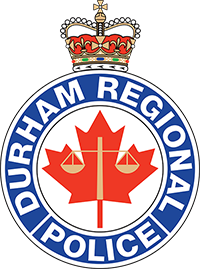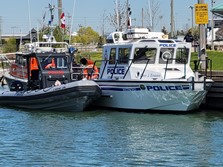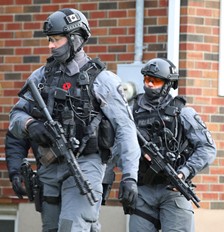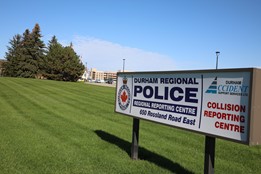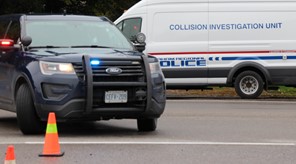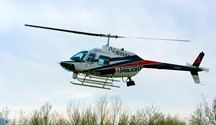
The Durham Regional Police Service (DRPS) Air Support Unit provides essential aerial support to frontline operations through a combination of helicopter and drone technology.
The Unit was established in 2000 with the acquisition of Air1, a fully equipped police helicopter. Based at the Oshawa Airport, the Air Support Unit can be at the scene of any incident in the region within minutes to assist ground patrol efforts.
Air1 has been a vital asset in patrol support, search and rescue operations, vehicle pursuits, major incident management, and providing real-time situational awareness to officers on the ground. Equipped with advanced imaging, night vision, and communication systems, Air1 has significantly enhanced our ability to respond quickly and effectively to emergencies across Durham Region. For over two decades, the helicopter has consistently proven to be a force multiplier, directly contributing to community safety and operational success.
Recognizing the need for continuous aerial coverage, DRPS expanded its capabilities in 2016 by launching the Remotely Piloted Aircraft Systems (RPAS) program. The RPAS Unit provides flexible, rapid-response aerial support, particularly when Air1 is unavailable due to maintenance, weather conditions, or concurrent operational needs.
RPAS assets are deployed for search operations, collision investigations, tactical support, and evidence gathering, ensuring critical aerial capabilities are maintained at all times.
Together, Air1 and the RPAS Unit allow DRPS to deliver consistent, innovative, and effective air support services to the community, reinforcing our commitment to public safety and operational excellence.
The Air Support Unit operates a Bell 206 Bill helicopter equipped with mission-specific equipment. Our aircraft is available 24 hours a day, 7 days a week, whether on general patrol or an on-call basis. The unit consists of two full-time Tactical Flight Officers (TFO), five part-time TFOs, and two full-time contracted pilots.
DRPS 12 RPAS (drones) and 23 pilots.
